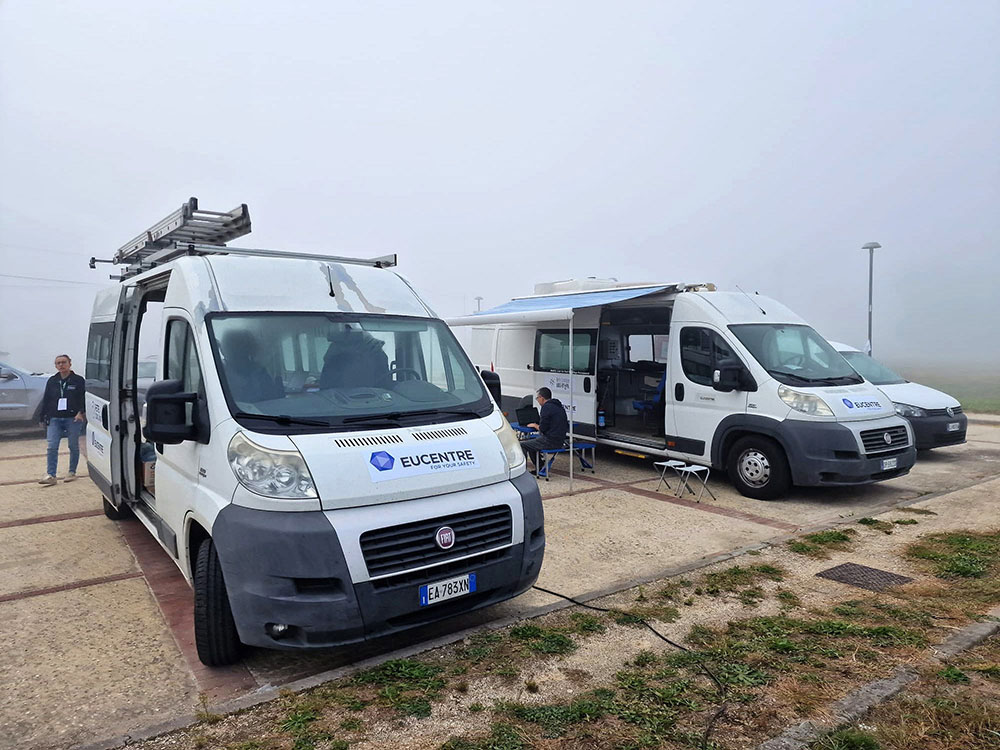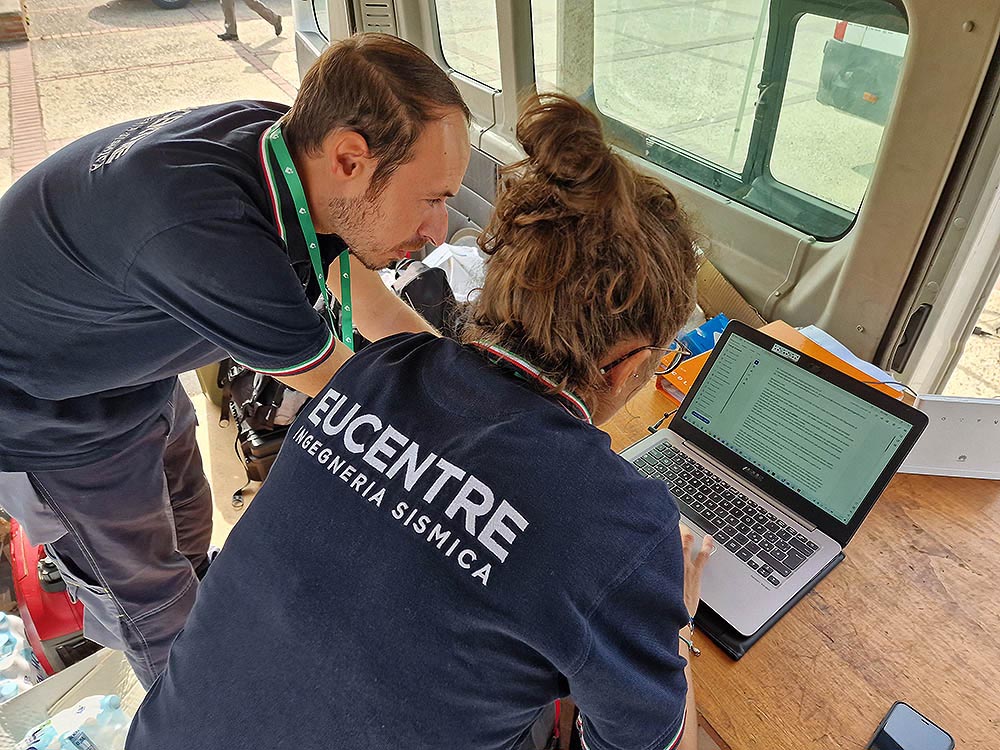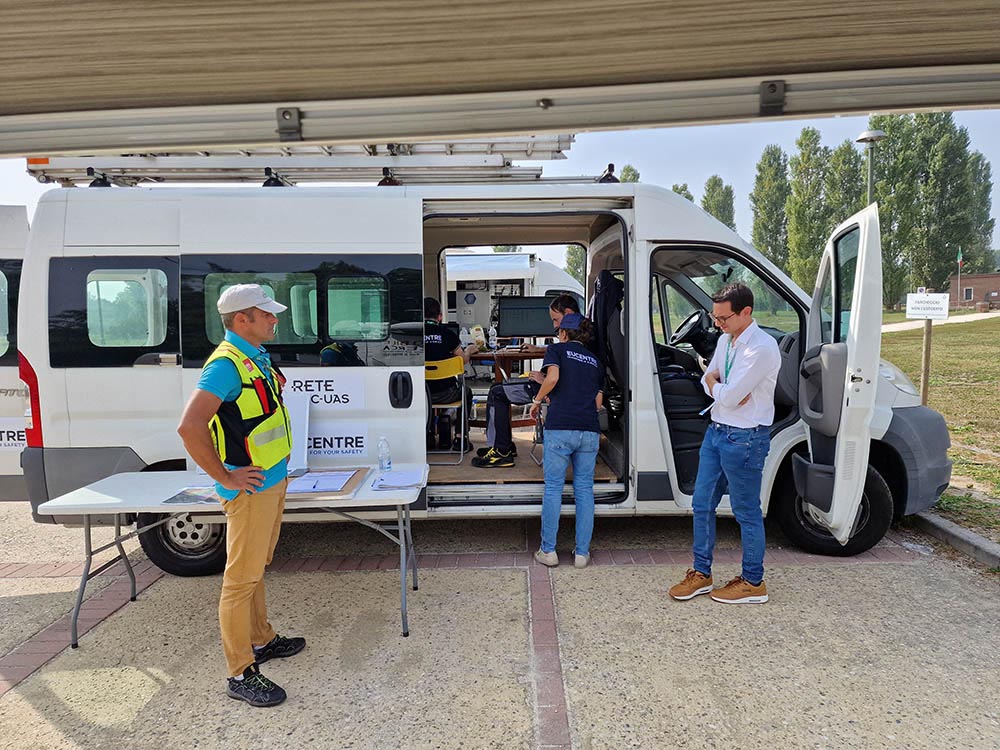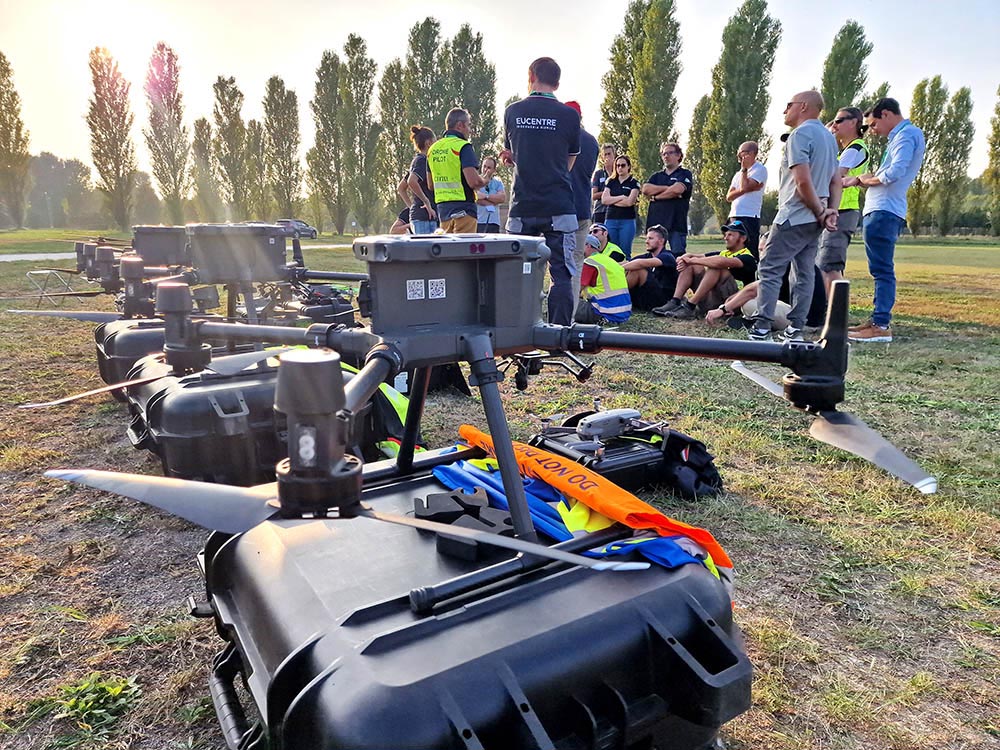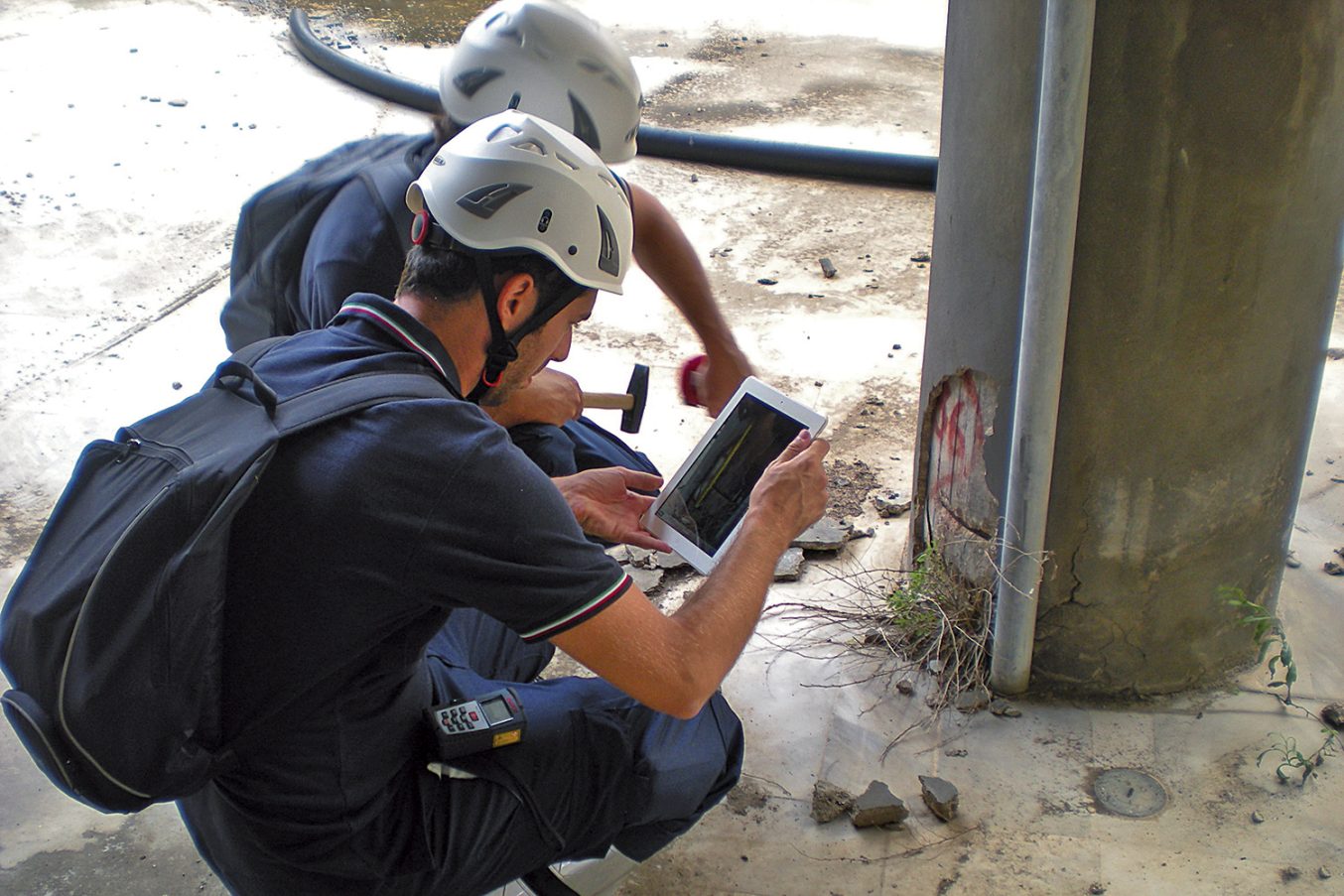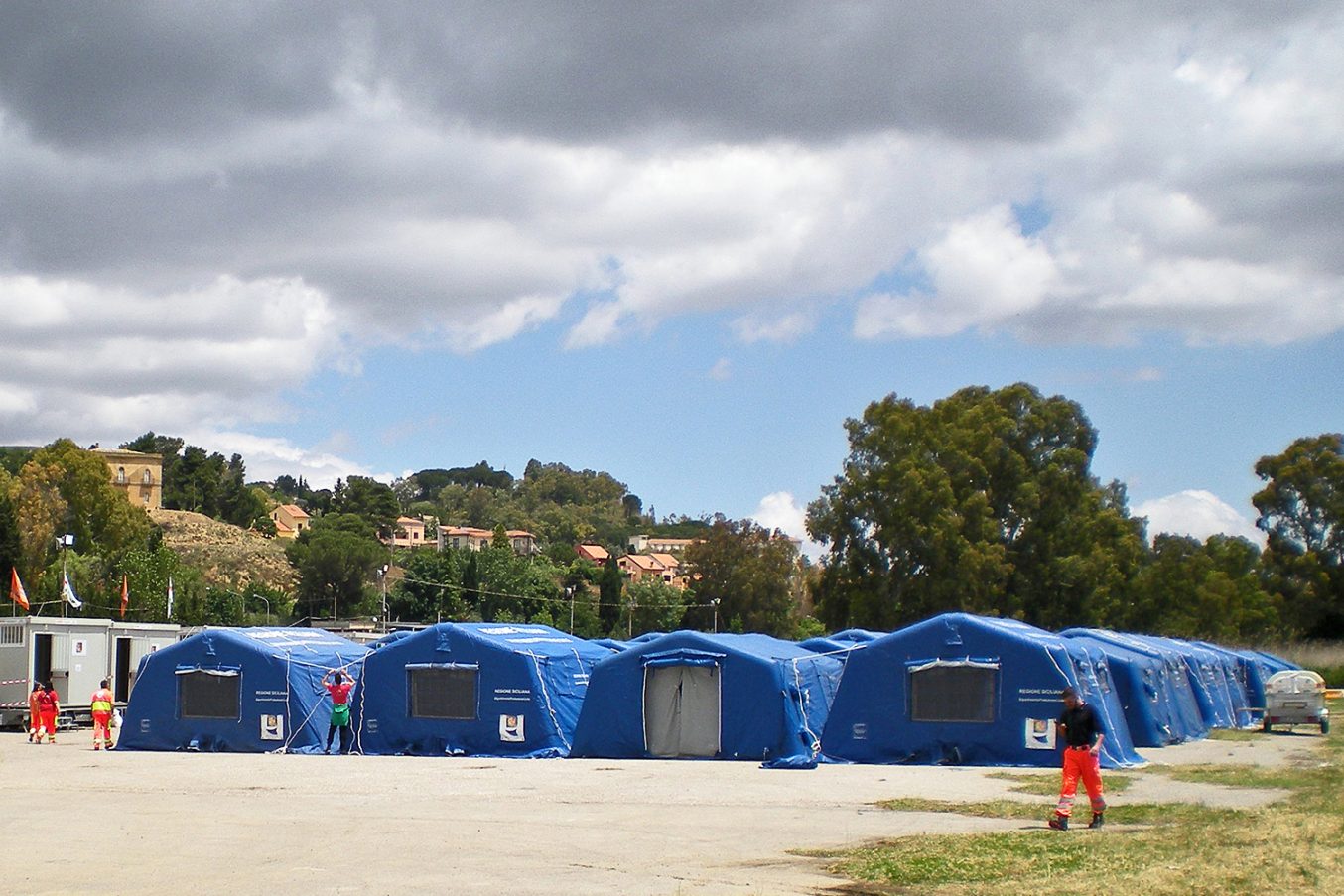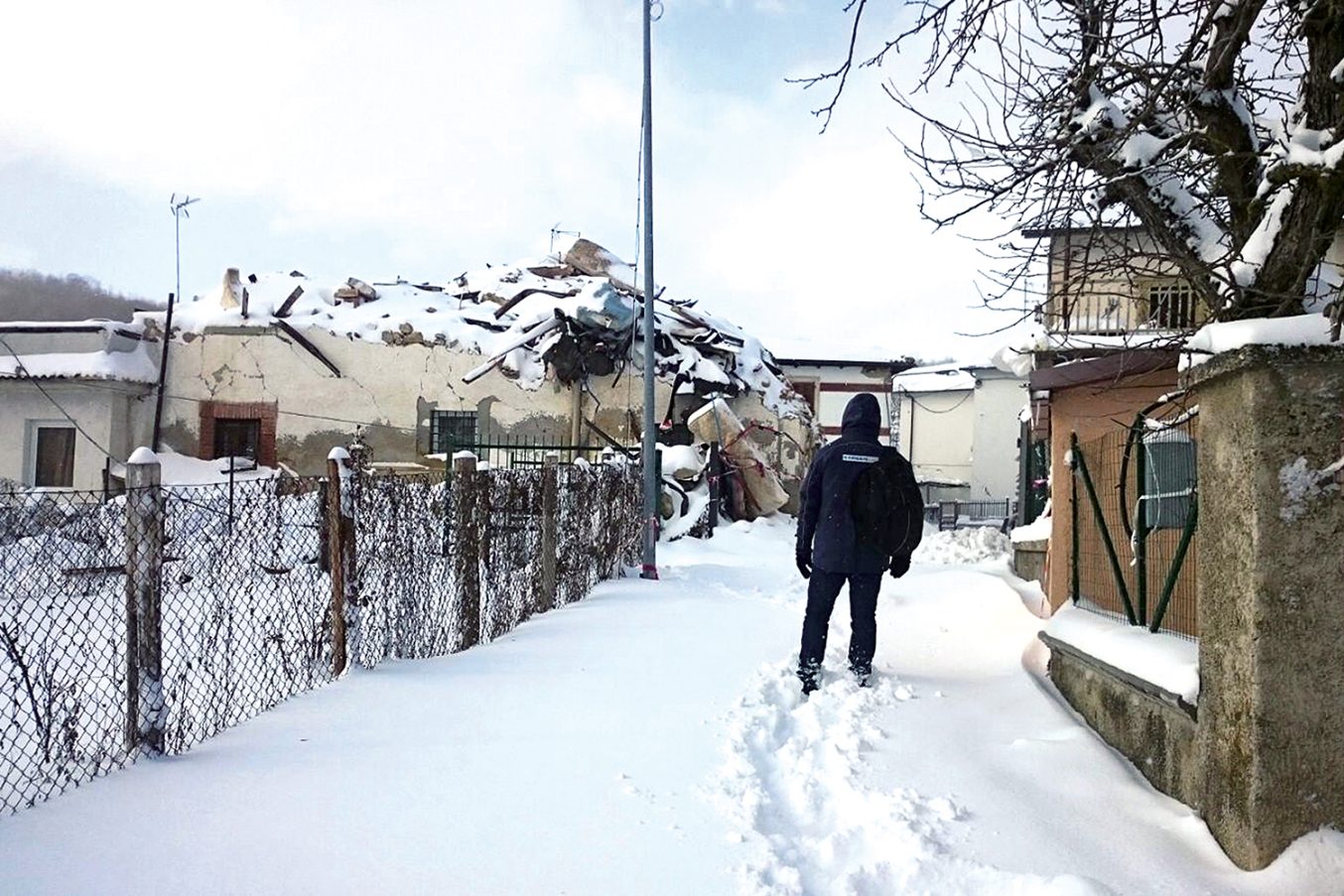The ability to respond effectively to emergencies stems from a solid system of prevention and preparedness, grounded in risk knowledge and the use of advanced operational tools.
The technical support services for emergency response are part of the broader framework of prevention and preparedness actions promoted at both national and international levels. These services aim to strengthen the resilience and awareness of communities exposed to natural disasters. The activities include both the development of tools and methodologies for risk and emergency management, as well as the activation of operational services for immediate response to events of various scales.
In particular, in the context of prevention and preparedness, the activities focus on studying systems for risk management and developing technical tools to handle emergencies. These tools include advanced technologies for rapid damage assessment, damage evaluation forms, decision support systems for emergency management, automated damage recognition techniques using drones, advanced sensor systems and early warning tools, rapid evaluation methods, cloud-based monitoring platforms, and studies on the relationship between risk and climate change.
As for emergency response, active services include the generation of real-time damage scenarios, technical inspection of buildings and infrastructure, both basic and advanced usability assessments, experimental tests for structural and geotechnical characterization, installation of structural monitoring systems, and support in evaluating emergency plans.
In recent years, an internal SAPR (Remotely Piloted Aircraft Systems) unit has been established, qualified as an Operator for Specialized Critical Operations (CRO, ref. ENAC ITENmPng5B). This system, which integrates field inspection activities with specialized expert support provided at headquarters, is distinguished by a well-structured organization that includes a management system (CRO Operator and related procedures), qualified personnel such as CRO pilots, payload technicians, and technical support staff with expertise in data analysis, masonry structures, reinforced and prestressed concrete, tanks, structural monitoring, field testing, and post-event support. It also features a system for vehicle management and maintenance, commercial drones (CRO, non-critical specialized operations, harmless, indoor), custom drones in the experimental phase, and continuous updating through exercises, regulatory developments, and new applications.
Within the emergency coordination framework, many of the Competence Centers (CdC) of the Italian Civil Protection Department currently use UAS (drones) to collect data and provide technical support for emergency management.
With a view to shared coordination, the National Network of Competence Centers for applied research and technical services using UAS has been established by the Civil Protection Department, with EUCENTRE serving as the coordinator.
 Eucentre is a non-profit private law foundation whose mission is to conduct research and provide training and services in earthquake and safety engineering
Eucentre is a non-profit private law foundation whose mission is to conduct research and provide training and services in earthquake and safety engineering  Eucentre promotes science, research and innovation for the benefit of the community, offering targeted methodologies and concrete solutions for prevention, safety and resilience. It collaborates with institutions and companies to disseminate competencies for the common good.
Eucentre promotes science, research and innovation for the benefit of the community, offering targeted methodologies and concrete solutions for prevention, safety and resilience. It collaborates with institutions and companies to disseminate competencies for the common good. Eucentre conducts earthquake engineering research and risk reduction studies via laboratory testing and numerical analysis to enhance seismic performance and develop innovative solutions
Eucentre conducts earthquake engineering research and risk reduction studies via laboratory testing and numerical analysis to enhance seismic performance and develop innovative solutions  Eucentre carries out research activities in earthquake engineering and risk reduction through laboratory testing and numerical analysis, aiming to improve the seismic performance of structures and soils and to develop innovative seismic retrofitting techniques.
Eucentre carries out research activities in earthquake engineering and risk reduction through laboratory testing and numerical analysis, aiming to improve the seismic performance of structures and soils and to develop innovative seismic retrofitting techniques. The Foundation promotes diverse and high-quality training activities aimed at academic and professional contexts, with constantly updated and innovative programs and initiatives designed to meet the evolving needs of the sector and society
The Foundation promotes diverse and high-quality training activities aimed at academic and professional contexts, with constantly updated and innovative programs and initiatives designed to meet the evolving needs of the sector and society  Eucentre ensures communication aimed at informing institutions, professionals, and citizens about ongoing activities and projects, with the goal of disseminating useful and accessible content and knowledge. It contributes to promoting a shared and informed culture of prevention and resilience.
Eucentre ensures communication aimed at informing institutions, professionals, and citizens about ongoing activities and projects, with the goal of disseminating useful and accessible content and knowledge. It contributes to promoting a shared and informed culture of prevention and resilience.
